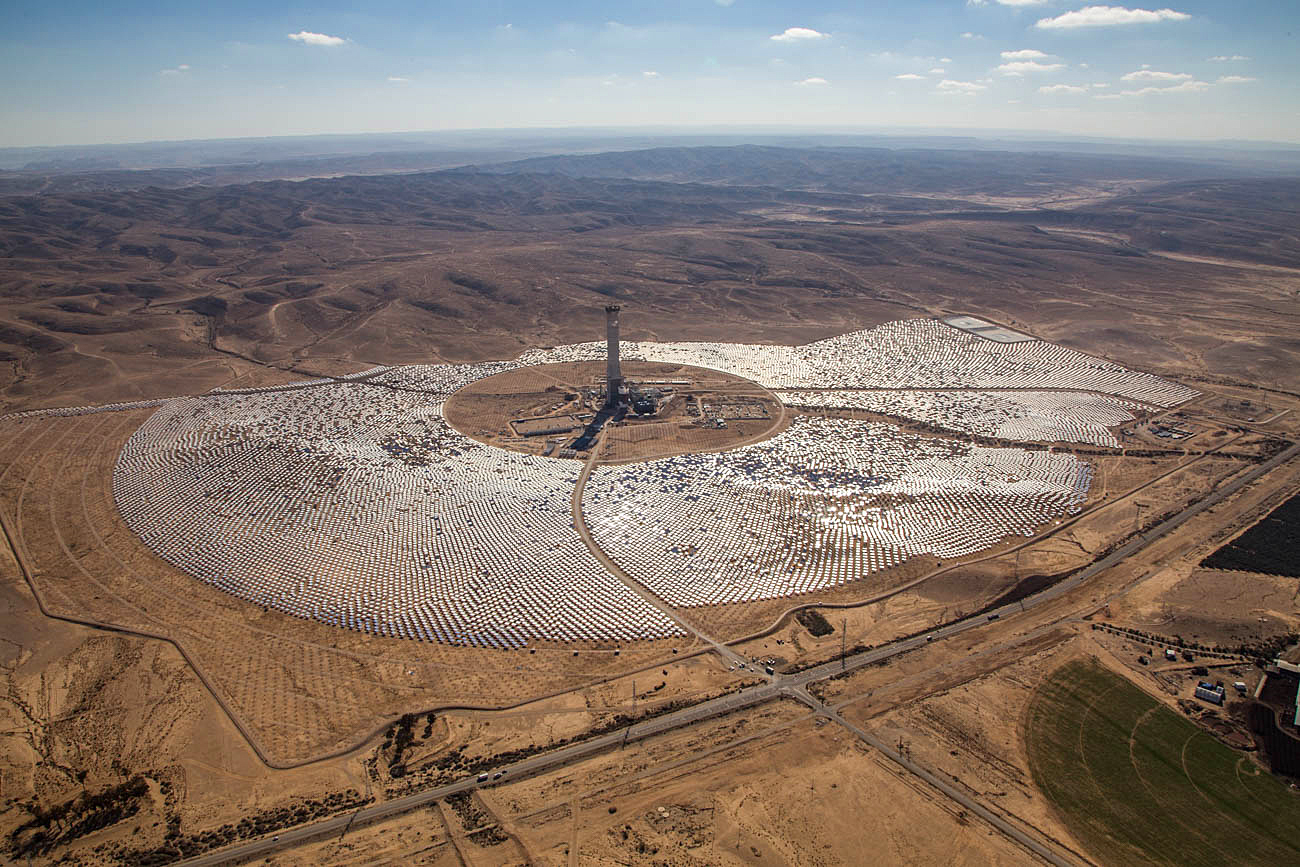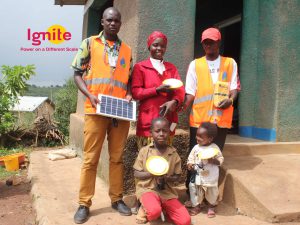Affordable and Clean Energy


Home » Affordable and Clean Energy » SDG 7 -Renewable Energy – Brighter than the Sun
SDG 7 -Renewable Energy – Brighter than the Sun
As of 2018, roughly 30% of Israel’s electricity generation was coal-based. Better than 100% to be sure, but this statistic still leaves room for improvement. With the 2030 Paris Agreement goal of zero-emissions in mind, the Ministry of Energy has drafted a strategy focused on generating electricity from natural gas and renewable energy. Naturally, this strategy includes the use of photovoltaic, or solar energy.
Photovoltaics (PV), simply put, is the process of converting sunlight directly into energy. PV technology is used to power electronic cars, houses, commercial buildings, and to supplement power grids. At the forefront of solar energy in Israel is a pioneer in the field, BrightSource Energy. BrightSource was founded in Israel and developed their technology at the Hebrew University in Israel. Their projects have reached a global scale, but they were best-known for building the world’s largest solar electricity generation installation in California. Until now.


The UN’s Sustainable Development Goal number 7 describes the importance of access to affordable, reliable, sustainable and modern energy for all. Target 7.2 outlines: “By 2030, increase substantially the share of renewable energy in the global energy mix,” which is clearly what BrightSource, is accomplishing.
Read more on this blog about unique Israeli companies that are using biogas and hydroelectricity to create renewable energy.
Related articles


SDG 7 -Israel’s Energy Revolution – New Projects and Initiatives
Affordable and Clean Energy Israel is in the midst of a revolution. Leading the energy revolution are the Ministry of Environmental Protection and the Keren


SDG 7 -Alternative Fuel and Energy for the Masses
Affordable and Clean Energy Alternative Fuel and Energy for the Masses Is Israel going to drive its fossil-fuelled vehicles straight into oblivion? Or is an


SDG 7 -Ignite Power – Lighting Up Africa
Affordable and Clean Energy By Maya Friedman You may remember the popular hit “we are the world”- the 1985 fundraising campaign that raised over 63


















